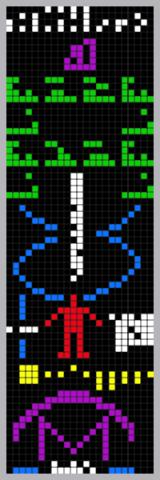New nVidia driver 378.66 supports features in OpenCL 2.0 for evaluation purposes only.
19 Feb 2017 13:56:02 UTC
Topic 205577
(moderation:
At long last nVidia are starting to support OpenCL 2.0 - maybe worth trying to see if this release has addressed some of the other OpenCL issues.
Language
Copyright © 2024 Einstein@Home. All rights reserved.


From the release
)
From the release notes:
OpenCL 2.0
New features in OpenCL 2.0 are available in the driver for evaluation purposes only. The
following are the features as well as a description of known issues in the driver:
Device side enqueue •The current implementation is limited to 64-bit platforms only.
•OpenCL 2.0 allows kernels to be enqueued with global_work_size larger than the
compute capability of the NVIDIA GPU. The current implementation supports only
combinations of global_work_size and local_work_size that are within the compute
capability of the NVIDIA GPU.
The maximum supported CUDA grid and block size of NVIDIA GPUs is available
at http://docs.nvidia.com/cuda/cuda-c-programming-guide/index.html#computecapabilities.
For a given grid dimension, the global_work_size can be determined by
CUDA grid size x CUDA block size.
•For executing kernels (whether from the host or the device), OpenCL 2.0 supports
non-uniform ND-ranges where global_work_size does not need to be divisible by
the local_work_size. This capability is not yet supported in the NVIDIA driver, and
therefore not supported for device side kernel enqueues.
Shared virtual memory •The current implementation of shared virtual memory is limited to 64-bit platforms only.